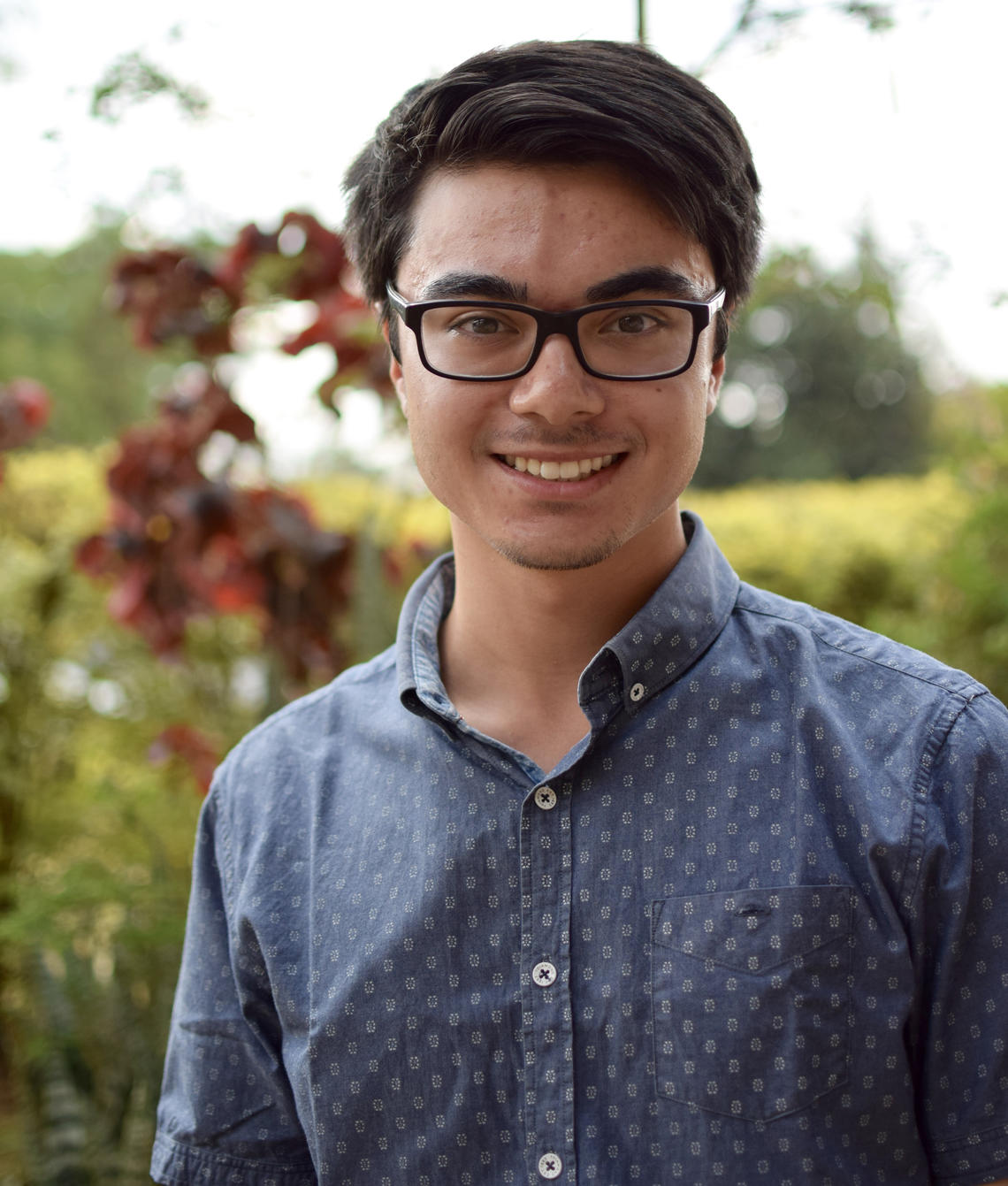Oct. 17, 2019
Queen Elizabeth Scholar learns to navigate cultural complexity in Africa
Local is global. This is an important guiding philosophy for Tyler Warnock, a fourth-year Bachelor of Health Sciences student in the Cumming School of Medicine and a recent Queen Elizabeth Scholar.
“On the topic of global health, ‘local is global’ is the notion that local actions have global impacts, and global actions can have local impacts,” says Warnock after returning from a global health internship in Uganda. The Queen Elizabeth II Diamond Jubilee Scholarship Program is aimed at developing future leaders in the international development sector through work-integrated international learning experiences.
- Above: Community-led tour of biofortified crops growing in Mabira Parish, Mbarara District. Photo by Tyler Warnock
Warnock shares what he learned in Uganda.
Q: What led to your interest in this program? And where did you end up?
A: Exploring global health is challenging. Confronting structural change, inequity, power, and all of the intersecting dimensions of people’s lived experiences requires nuance to make sure historical injustices aren’t repeated by misguided good intentions. Building upon my interests in this field, I interned with Healthy Child Uganda, a maternal, newborn, and child health organization in southwestern Uganda. As one of two Queen Elizabeth Scholars from the University of Calgary, I spent three months living, working, and learning, immersed in a new environment.
Q: What kind of work did you do?
A: As an intern, I worked in the office and with rural communities. My work focused on community engagement and program evaluations, including focus group discussions, in-depth interviews and hosting community meetings. It’s important to mention that the work I did was non-clinical in nature. Medical ‘voluntourism’ opportunities are frequently advertised to well-intentioned students as ‘real-world experiences,’ but are often unethical and pose severe consequences for health service delivery.

Tyler Warnock at the Healthy Child Uganda offices in Mbarara, Uganda.
Courtesy Tyler Warnock
Q: What one thing has changed for you thanks to this internship?
A: Before this internship, community engagement seemed like a simple concept. You go to a community and conduct an activity to gather information or feedback. But after doing this work, I’ve developed a renewed appreciation for the depth and complexity needed to meaningfully engage with a community. A key learning for me was that engagement must occur at multiple levels, from local government to health facilities and community leadership. By asking for feedback on our programming and getting permission to enter communities, we were able to strengthen our activities and ensure our engagement was culturally relevant and useful.
Q: As a visitor to a community in a different country and culture, you must have learned a few things. What did you learn?
A: The importance of being transparent and realistic in managing the community’s expectations for change. Promising change for a community, without providing clear dates and deliverables, degrades trust, especially when foreigners are involved. Engaging in ethical community work requires your actions to be grounded in the realities of the community members. As a foreigner, asking questions and doing my own research were critical in being able to contribute.
Q: What personal trait helped you the most during your time in Uganda?
A: Being adaptable to sudden changes in plans, and the unpredictable nature of community-based activities posed learning curves that I had to adjust to. Coming from the fast-paced and structured working culture of North America, I relied on cross-cultural approaches to adapt to new cultural norms. I found that my time working in Uganda was more meaningful as I reflected on the ways of living and working in this environment.
Q: What about benefits from studying in other countries. Any last thoughts?
A: I have fostered new relationships and networks with the team at Healthy Child Uganda, which has instilled a new appreciation for the value of internationalizing an education. Through learning from communities abroad, it is clear to me that global health has implications and lessons that can be applied in our own local communities.
The Queen Elizabeth Scholars program is currently accepting applications for students to work at Healthy Child Uganda.
The Canadian Queen Elizabeth II Diamond Jubilee Scholarships are managed through a unique partnership of Universities Canada, the Rideau Hall Foundation, Community Foundations of Canada and Canadian universities. The program is made possible with financial support from the Government of Canada, provincial governments and the private sector.
Community engagement session facilitated in Mabira Parish.
Tyler Warnock





